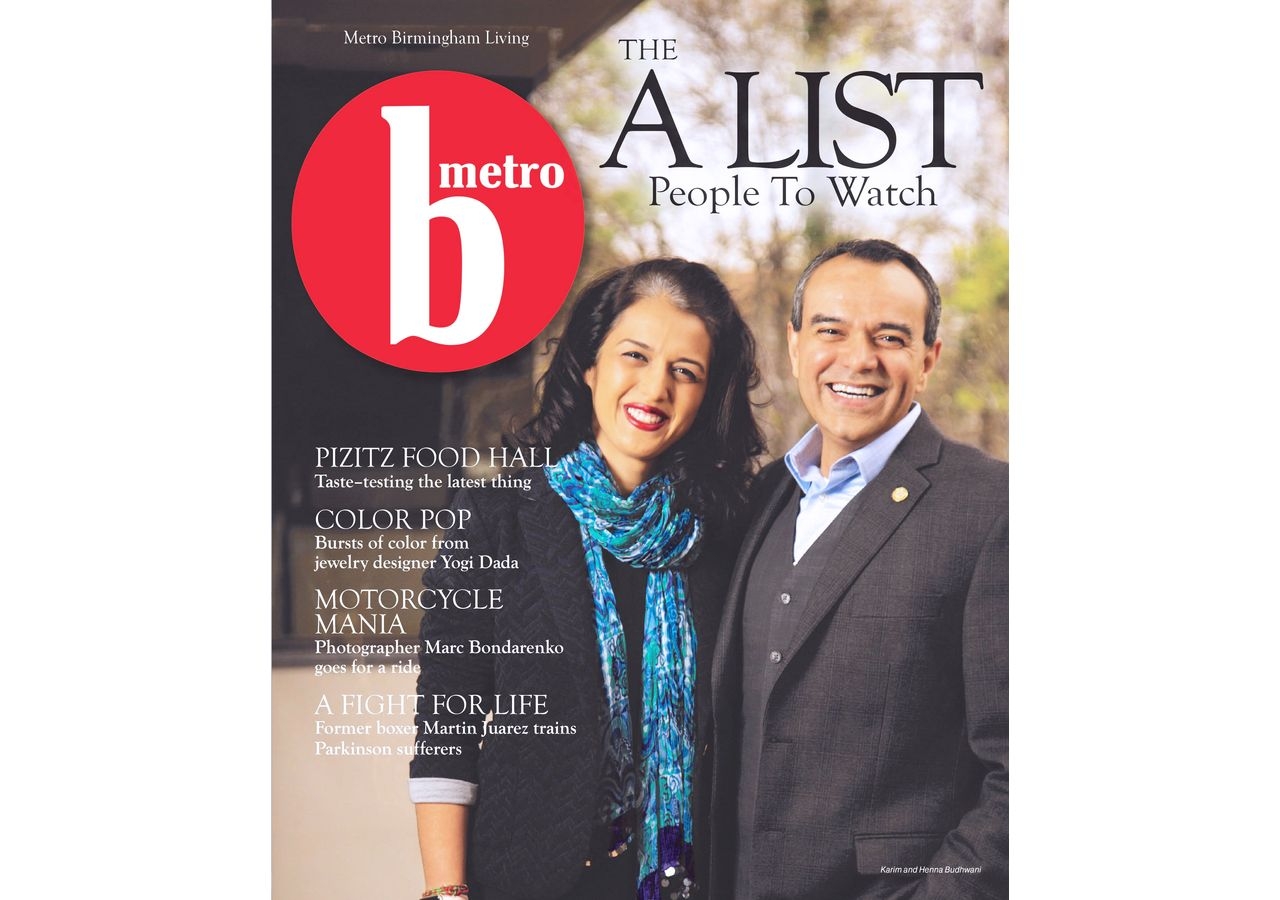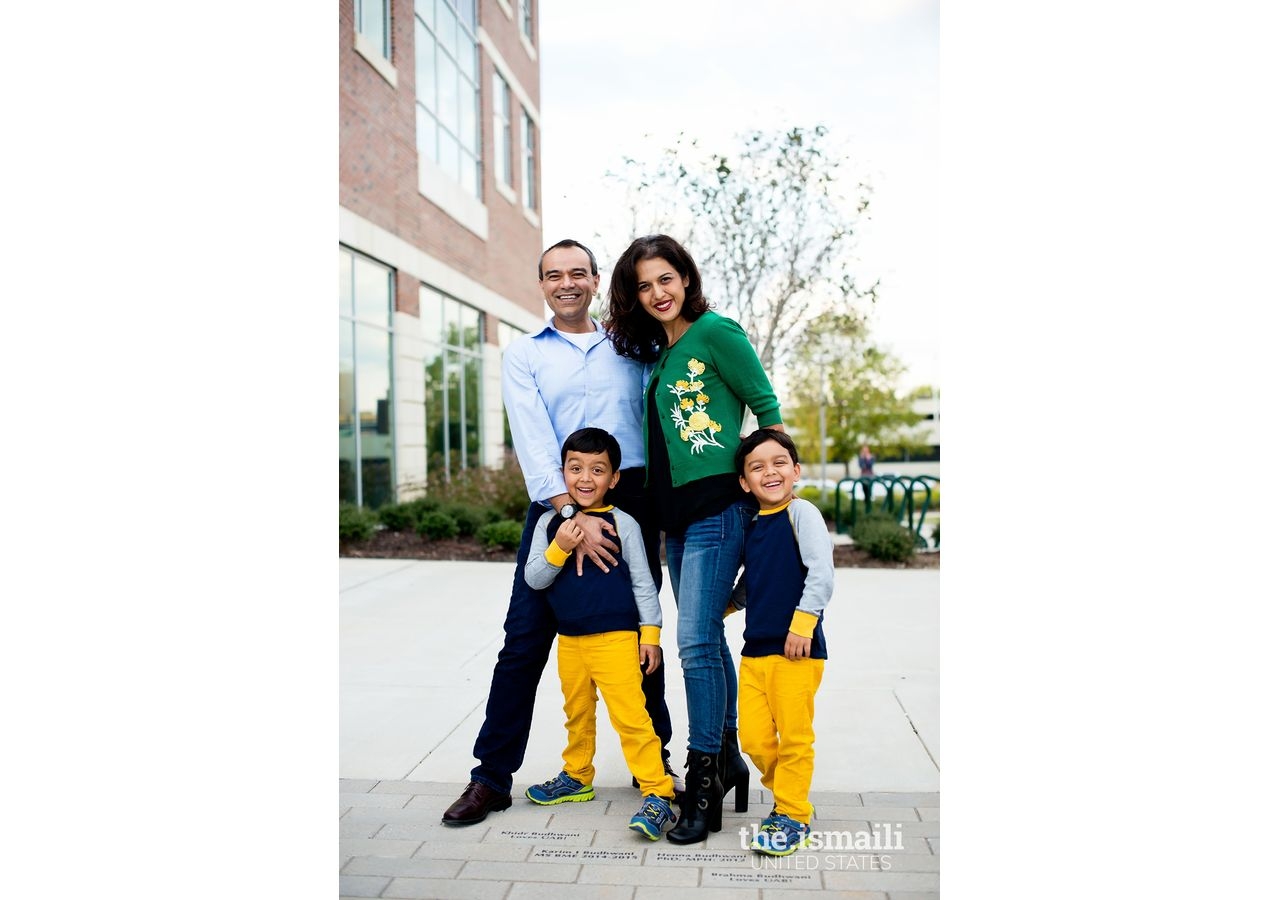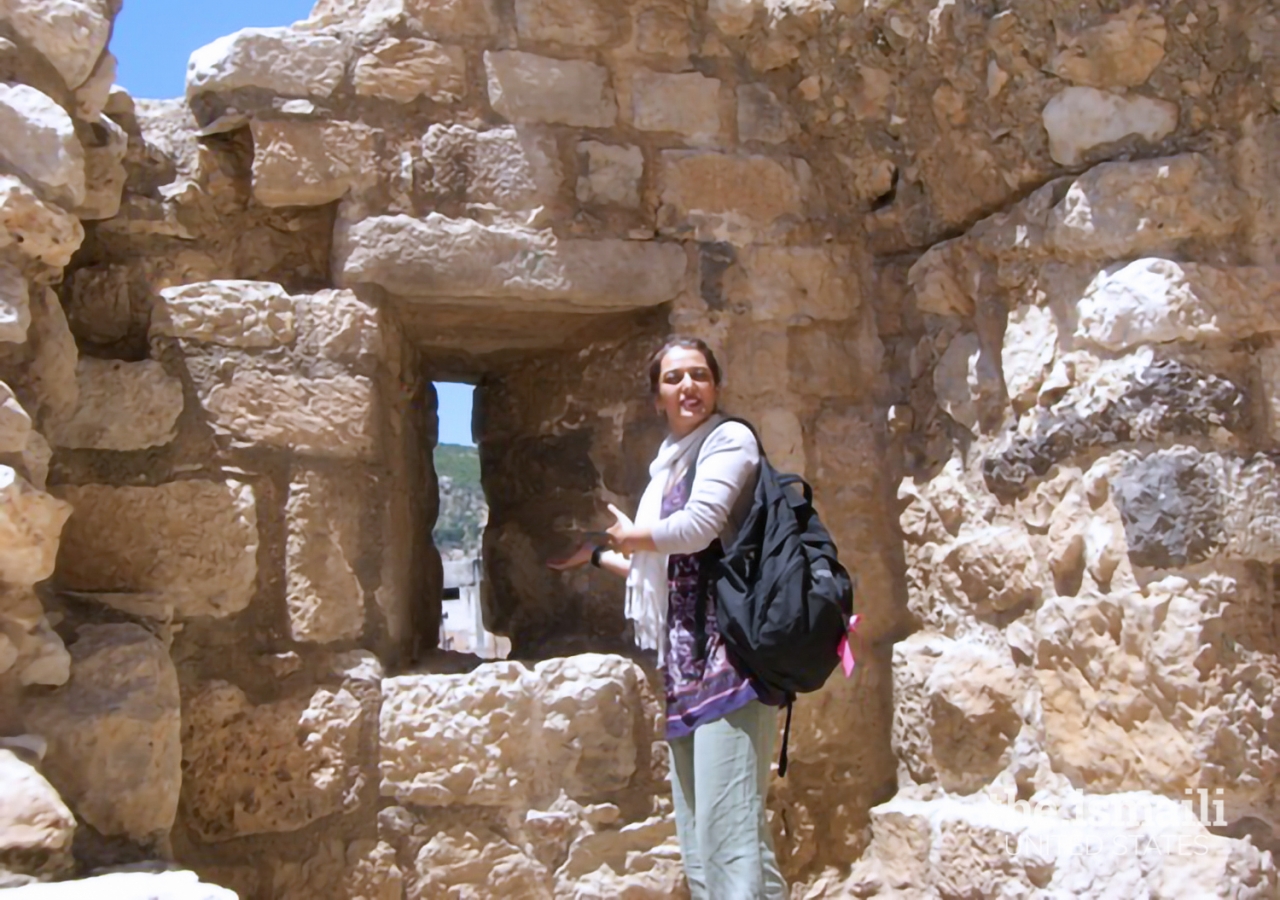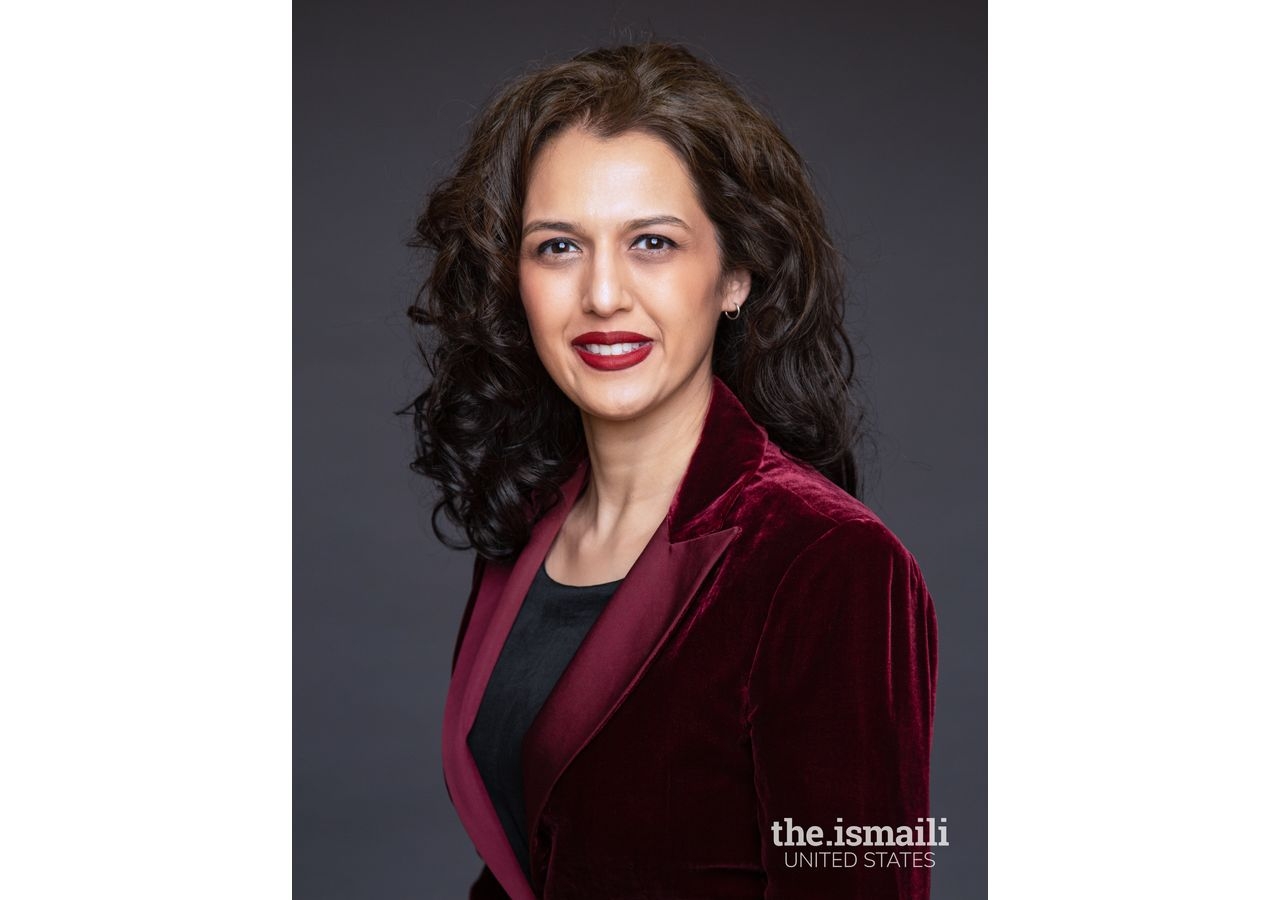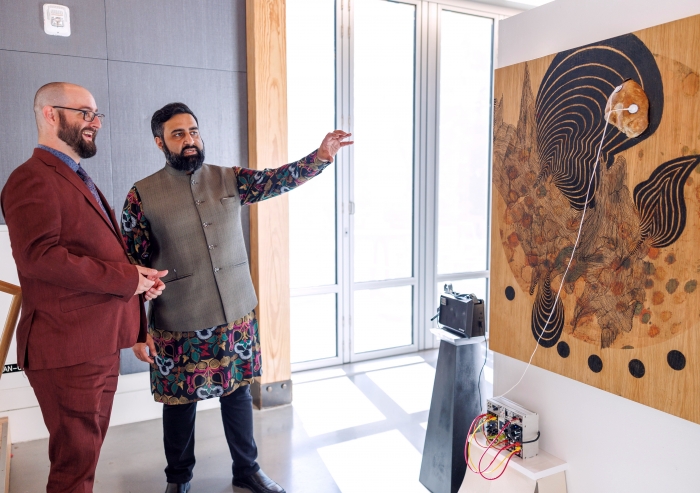As a social scientist and health equity researcher, Dr. Budhwani conducts implementation science intervention studies to address the causes and consequences of health disparities among stigmatized populations, such as adolescents and emerging adults, that experience adverse health outcomes in low-resourced global and domestic settings. Dr. Budhwani's research is informed by sociological constructs, guided by human rights frameworks, and adopts a multidimensional view of how to address public health and clinical care inequities.
Image 3
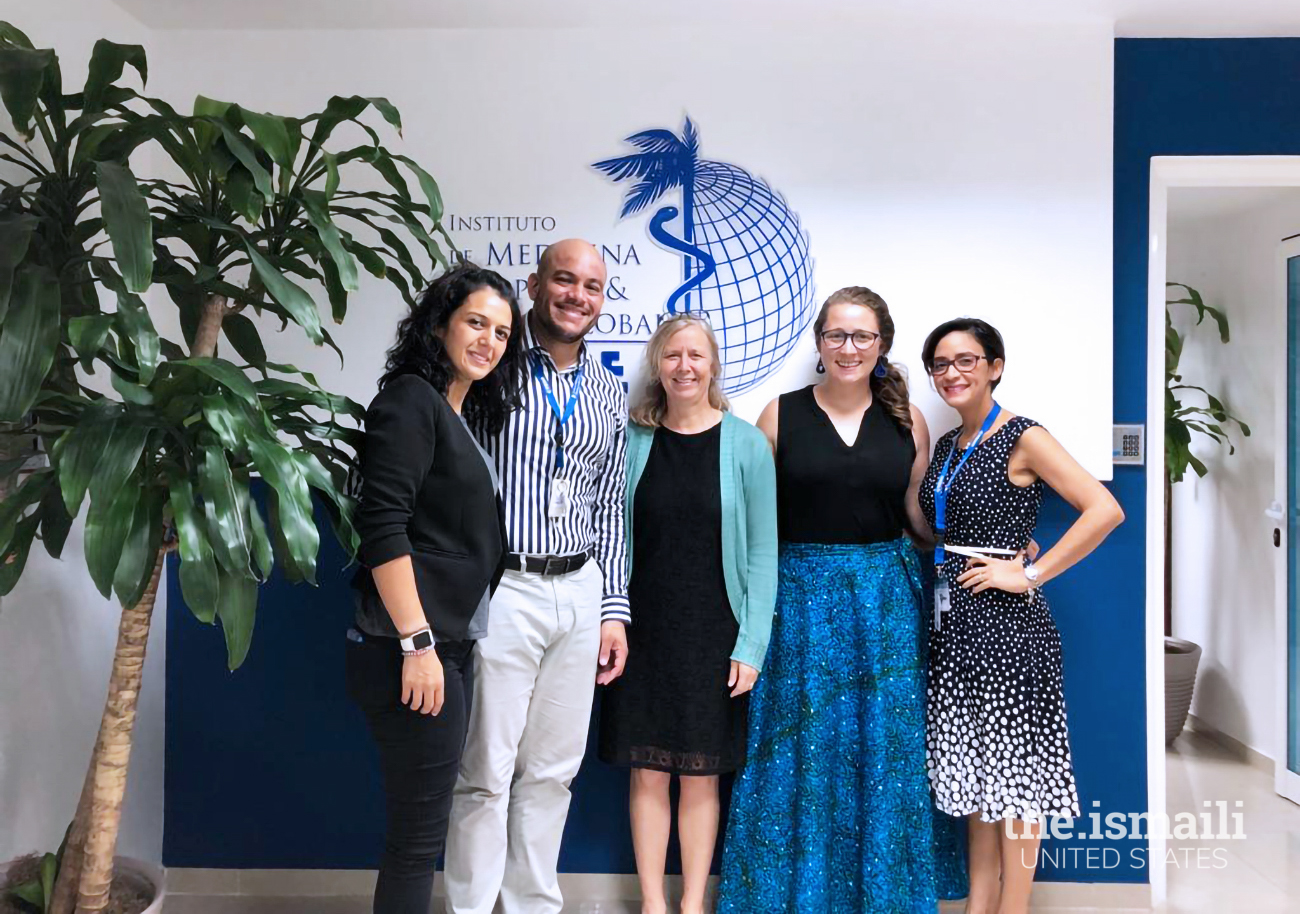
At the July 2020 International AIDS Society conference (AIDS 2020), the Robert Carr Research Award was jointly presented to Dr. Budhwani and her associate, Dr. John Waters from the Caribbean Vulnerable Communities Coalition, for their work conducting population size estimates of vulnerable communities across six eastern Caribbean islands. This biennial award is sponsored by the International Council of AIDS Service Organisations, Human Rights Watch, the International AIDS Society, and the Center for Public Health and Human Rights at the Johns Hopkins Bloomberg School of Public Health. In addition to this global honor, Dr. Budhwani has received numerous domestic and local awards for her commitment to promoting health equity and human rights.
In 2021, she was interviewed by the Ismaili USA about her work.
Where were you born and raised?
I was born in Chicago, and I was raised in the Northwest suburbs. I graduated from Schaumburg High School, attended college at Loyola University, Harper Community College, and finally graduated from Northern Illinois University.
Please describe your educational journey and why you chose public health as a profession?
I graduated in 1998 with a Bachelor of Science in Biology. Thereafter, I jumped into a sales and marketing career. Years later, I took an online course entitled, "Death and Dying.” The course instructor was amused by my hyper enthusiasm about the topic and designed a path for me to enter graduate school. Six months or so after Dr. Jeffrey Clair and I met, I was accepted into the UAB Medical Sociology doctoral program which I completed in 2012.
As to why I selected public health as a career, truthfully, I don't think that I deliberately picked it as a profession. I was committed to promoting global development, which stemmed from my time volunteering in Tanzania with the Aga Khan Health Board USA, as well as my Golden Jubilee Time and Knowledge Nazrana (TKN) assignment sponsored by the Aga Khan Agency for Microfinance, for work conducted in Syria, Pakistan, Afghanistan, and Tajikistan. Having these global experiences made me competitive for a leadership position as the Deputy Director for an endowed global health center at the university. From there, I launched into undergraduate and graduate education delivery, public health practice, and landed squarely in the realm of action-oriented, implementation science research.
Image 2
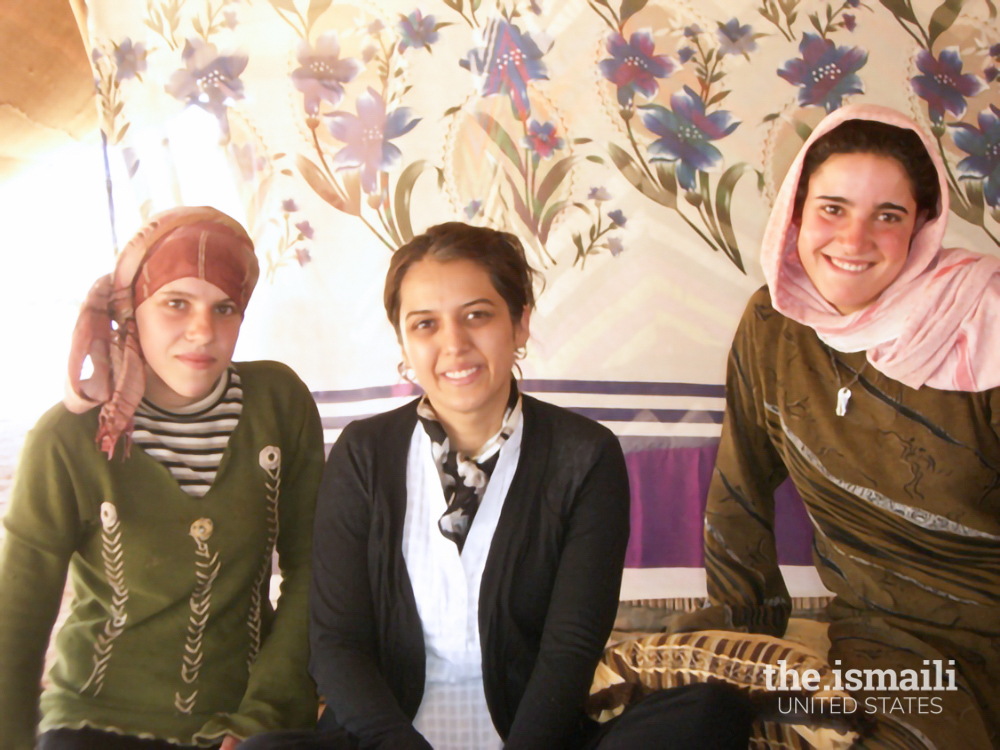
Tell us about the importance of reducing health disparities, specifically to the immigrants and minorities in the United States?
Promoting health equity and eliminating disparities produces enhanced population health and individual well-being. I've always been interested in identifying ways to address inequities, so health equity research intuitively followed my interests. I am committed to working with highly-stigmatized populations because there is work to be done, and I am happy to do it.
I would also say that addressing immigrant health within the United States is complicated and warrants multi-level approaches. With immigrants from around the world holding different cultural values, there is no way that one program can help everyone. My interests related to immigrant health encompass mental health and in identifying mechanisms and intervention strategies to improve women’s health.
How has the pandemic affected the global population, specifically healthcare access, when healthcare inequalities are persistent.
We cannot address inequities without critically examining the effects of social structures. Insufficient healthcare access in rural America, inaccessible public health messaging, historic mistreatment of African American and Black people, and politicizing COVID-19 prevention strategies have exacerbated distrust across vastly different communities. Right now we’re in a time when some of us in public health are lobbying for global vaccine equity and the need to distribute vaccines to resource-poor settings, while others are still pushing for broadening third dose booster eligibility, arguably exacerbating international, country-level inequities.
Can you describe your experiences with the Jamati institutions?
In 2015, I retired from the Aga Khan Social Welfare Board USA (AKSWB); I served as a National Board Member for six years. My portfolio included projects for older Jamati members, such as the Aging Gracefully Initiative. I must say, some of my favorite servant leaders were the Golden Club Presidents. They were, and I’m sure still are, truly magnificent sevadaris.
I also supported mental health programs and women's development. Before my time with the Social Welfare Board, I served with the Ismaili Health Professionals Association (IHPA), the Grants and Review Board (GRB), and as a panelist with the Educational Financial Assistance Scholarship (EFAS) program with the Aga Khan Education Board (AKEB). In every one of these capacities, I saw my role as being an advocate for the underserved, and I did my best to elevate their voices.
Any professional or career advice to the youth of our global Jamat who wish to pursue a career in public health and social sciences?
1) Internalize that failure is part of one’s growth and development. It may be embarrassing and uncomfortable, but it is part and parcel of adulthood. 2) Public health and the social sciences require active engagement; you need to find ways to apply your skills and hone them. 3) Find a mentor. When reaching out to potential mentors, be authentic, and don’t push too hard. If you contact a potential mentor outside of your academic institution, state why you are reaching out, and be patient for a response. There is no need to send multiple writing samples; your email acts as a preliminary writing sample. 4) Have a great idea. Search the literature to see if something similar has been done before. Then, write a grant proposal to do the work. 5) When asked to serve within the Jamat, say “Ameen.” Approach your seva with patience and grace, understanding that this infrastructure is built on volunteerism.
As Henna’s husband, Karim, is a scientist also, dinner conversations may be research and medically-focused, hopefully leading to another scientific breakthrough.

